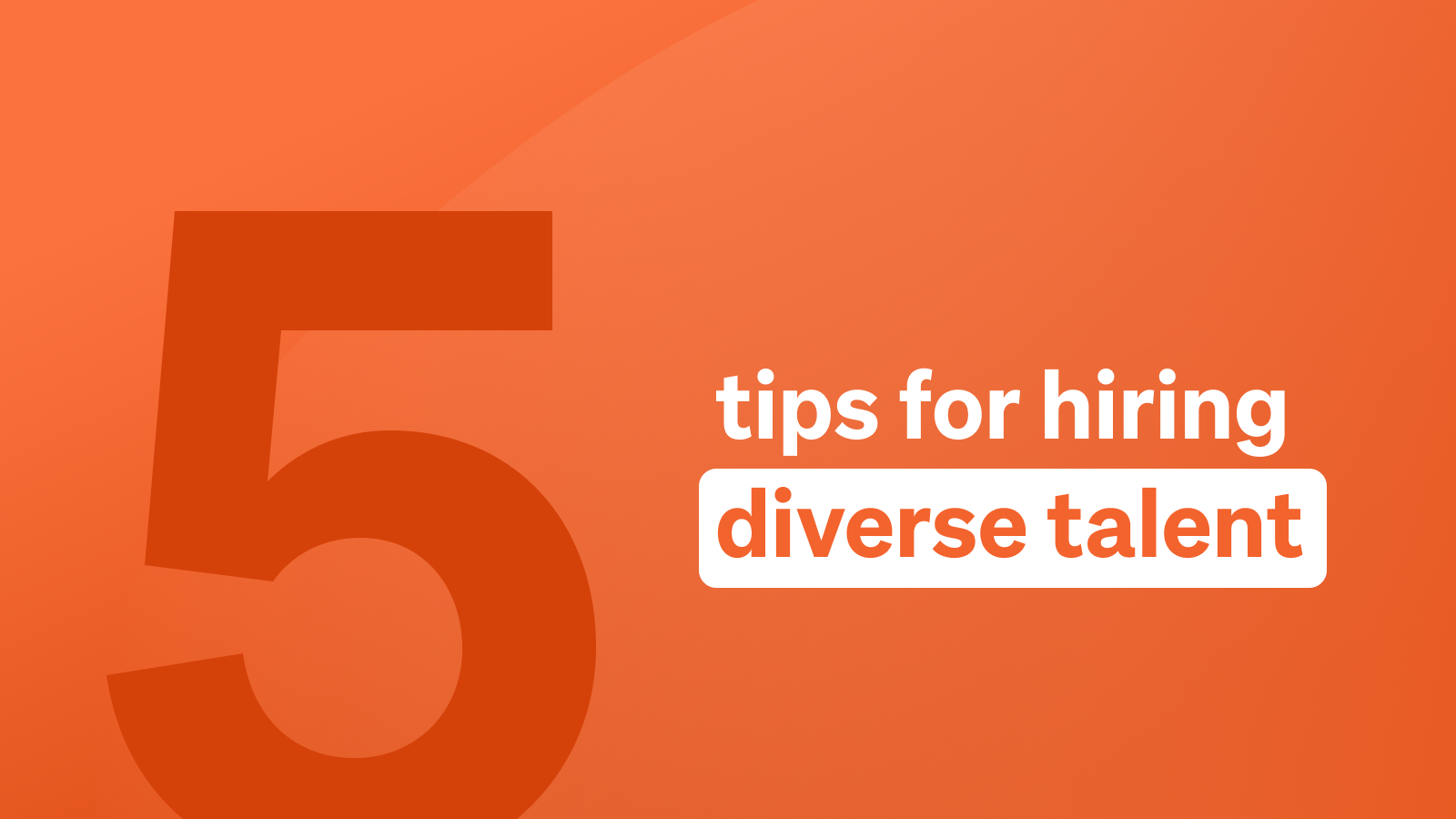Careers at Trade Me
Hot Girls Code’ on thriving in a male dominated industry
Hear from two Trade Me software devs about working in the male dominated tech industry and starting a succesful podcast
Last updated: 9 October 2024
Only 23% of software developers are female globally. What has it been like being a young woman getting qualified then finding jobs in an industry that is so dominated by men?
What do you love about coding and working in the industry? Do you face the same challenges that females in all male dominated industries face?
Hot Girls Code speaking at Victoria University’s WitCon (2023)
What advice do you have for women and especially young women thinking about a career in coding and other male dominated industries?
Hot Girls Code. Lola, left, and Aorthi, right.
What do you reckon are the best STEM professions to get into in future? What’s going to be most lucrative?
One of your most viral TikToks is about how the majority of the computer industry was female back in 1967 and now only 32% of people in tech are women, women represent only 28% of leadership roles and 50% of women in tech roles leave by age 35. That sucks!
Hot Girls Code speaking at an International Women's Day Event (2024)
How do we sort that balance out and get more women into tech roles? And be honest - are women better coders?
Author
Other articles you might like






